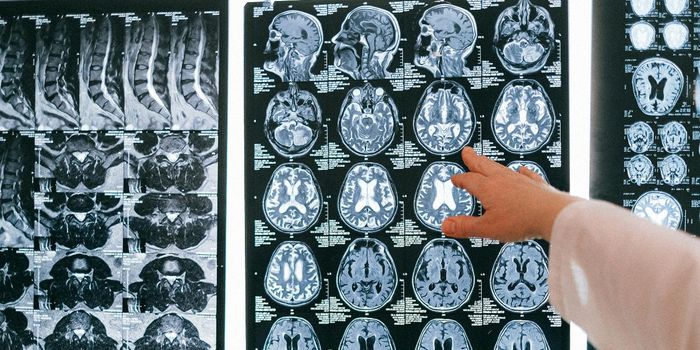Real-Time Brain Recordings Explain Why We Punish People and Not Computers
Researchers at Virginia Tech conducted revolutionary real-time recordings of neurotransmitter activity during a behavior task, offering unprecedented insights into brain function. Their study, published in Nature Human Behavior, unveils unprecedented insights into the interplay between serotonin and dopamine, shedding new light on the neurochemistry of social decision making.
The study was conducted with the assistance of Parkinson’s patients undergoing brain surgery. These volunteers participated in the ultimatum game, a tool frequently employed in laboratories to gauge decision making. The hypothesis, as articulated by Professor Read Montague, suggested that individuals tend to exhibit different behaviors depending on whether they are interacting with a human or a computer.
According to Montague, "when people know they're playing a computer, they play perfectly... But when they're playing a human being, they cannot help themselves" (EurkAlert!). The researchers observed that participants were “often driven to punish the smaller bid by rejecting it” if they perceive their co-player to be greedy.
To unravel this complex interplay of neurotransmitters underlying this social behavior, researchers utilized advanced machine learning techniques to decipher the raw data collected from patients. While last year, a group of scientists used electrodes to measure the release of norepinephrine in the brain and associated it with pupil dilation, this research is focused on two different neurotransmitters. As Ken Kishida, an author of the study, explains, "we're essentially using machine-learning type tools to separate what's in the raw data, understand the signature, and decode what's going on with dopamine and serotonin."
Batten et al. 2024
These insights revealed the intricate roles of dopamine and serotonin in shaping social interactions. Dopamine, often associated with reward and pleasure, was found to be more pronounced when individuals interacted with other humans rather than computers. This suggests a heightened sensitivity to social cues and values.
Serotonin seemed to adopt a more case-by-case approach, focusing solely on the current value of the offer at hand. This dichotomy implies that while dopamine tracks the relative value of offers in comparison to previous ones, serotonin is more attuned to the specific context of each decision.
This research not only delves into new territories of human brain recordings but also unveils the intricate neurochemical processes influencing our social interactions, emphasizing the significant role of social context in decision making.
Sources: Nature Human Behavior, EurkAlert!









